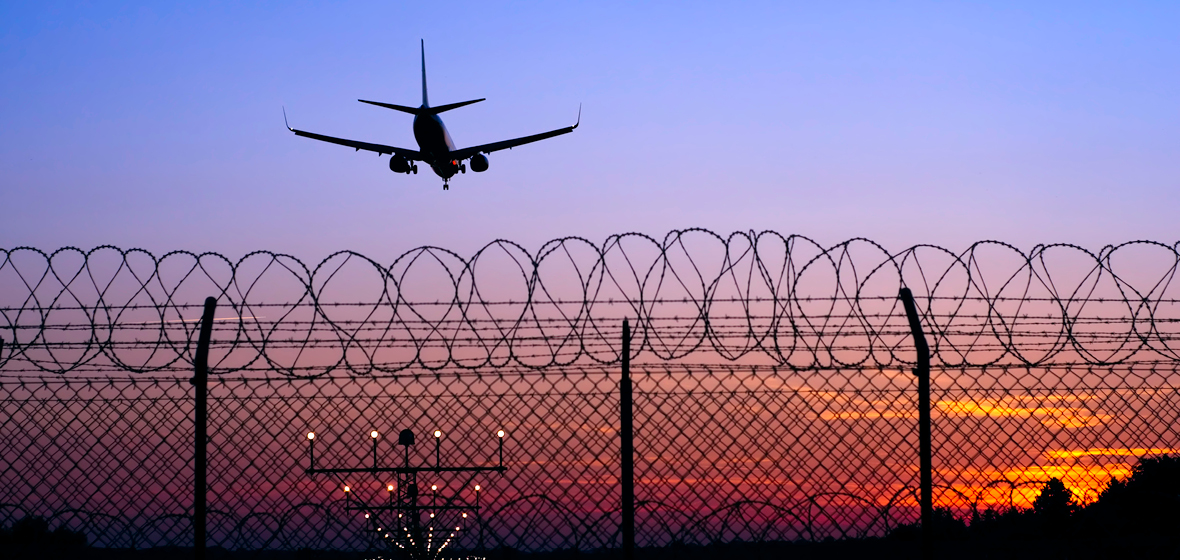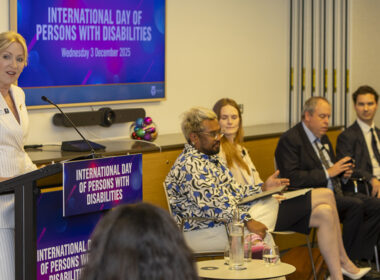The Law Council of Australia has called for restrictions on the use of citizenship deprivation, saying it should only occur in exceptional circumstances.
Appearing before the Parliamentary Joint Committee on Intelligence and Security (“PJCIS”) in February, the Council advised that it should only happen where someone has been convicted of a serious offence by an “independent, impartial and competent court”.
“Removing a person’s citizenship is a very serious response with very serious consequences,” said Law Council of Australia President, Greg McIntyre.
He said those consequences could include deportation or detention, and the risk of rendering someone stateless.
McIntyre welcomed recent reforms to the previous framework, which vest decision-making powers in the judiciary, but said the laws must still be “necessary, proportionate and supported by evidence”.
The Committee has been reviewing amendments to the Australian Citizenship Amendment (Citizenship Repudiation) Bill 2023.
The Law Council argues the issue challenges important political and legal principles used to build our democracy.
“Introduction of laws concerning citizenship repudiation, at the time of sentencing, is inconsistent with our criminal justice system, which is based upon not only punishment and retribution, but the encouragement of rehabilitation for the benefit not only of the offender, but of the community”, said McIntyre.
The Law Council’s recommendations include making children under the age of 18 exempt from citizenship deprivation and that it should only be an option where someone has been sentenced to at least six years imprisonment for a serious terrorism offence.
The Council was also critical of the retrospective application of the scheme and called for it to apply only to convictions that relate to conduct after 8 December 2023.




